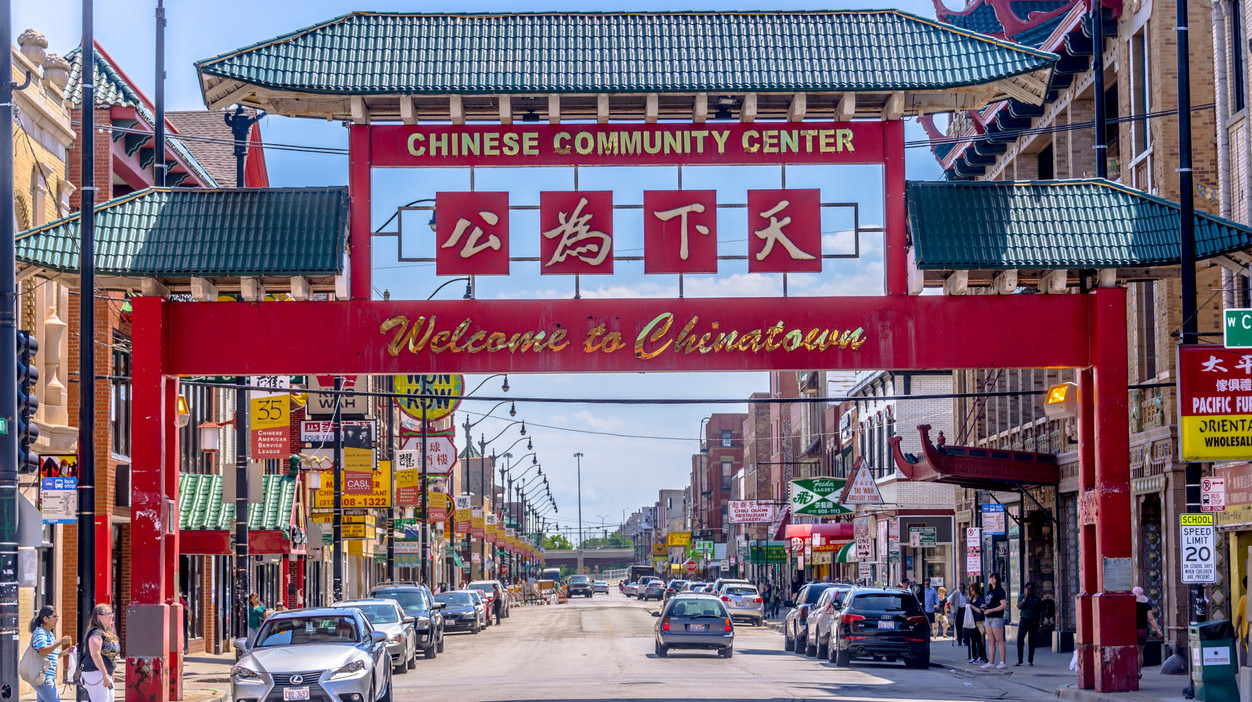You Can't Get Coronavirus At A Chinese Restaurant, So Please Start Eating In Chinatown Again
The coronavirus epidemic began in Wuhan, China, at the end of December and has been concentrated mainly in China since then; at the beginning of this week, there were just 10 confirmed cases in the United States. Nonetheless, it's starting to affect Chinese Americans, too, in a different way. Since the epidemic started, Eater reports, Chinese restaurants across the country, especially those in Chinatowns in major cities, from Seattle to Houston to Boston, have reported a precipitous drop in business, between 50 and 80 percent. So have restaurants in Chinatowns in Sydney and London. Owners are worried about how they're going to pay their workers and stay open.
Some of this is due to increased travel restrictions in and out of China, which means that the usual busloads of Chinese tourists haven't been coming to visit Chinatowns in New York or San Francisco, usually popular destinations. International students who were expected to visit family over the Lunar New Year never materialized, either.
But a lot of it is also due to American fear and xenophobia. After a rumor spread on WhatsApp that an employee at a San Francisco bakery had contracted the coronavirus, business dropped more than 50 percent, even though the information was false. (There have been no reported cases in San Francisco.)
Community leaders have been trying to dispel misinformation about the coronavirus and assure people that it's safe to come to Chinatown and eat Chinese food. For one thing, coronavirus is a respiratory virus that's spread through personal contact, not through food—which counters early and unconfirmed rumors that the virus began in a wet market in Wuhan.
"It does hurt the business a little bit, but the sad news is we expect that," Harry Chan, a restaurant owner in Seattle told King 5 News. He saw the same drop in business during the SARS outbreak in 2003. "For him," Eater concludes, "negative news stories about China and deflated business as a result are cyclical occurrences."
